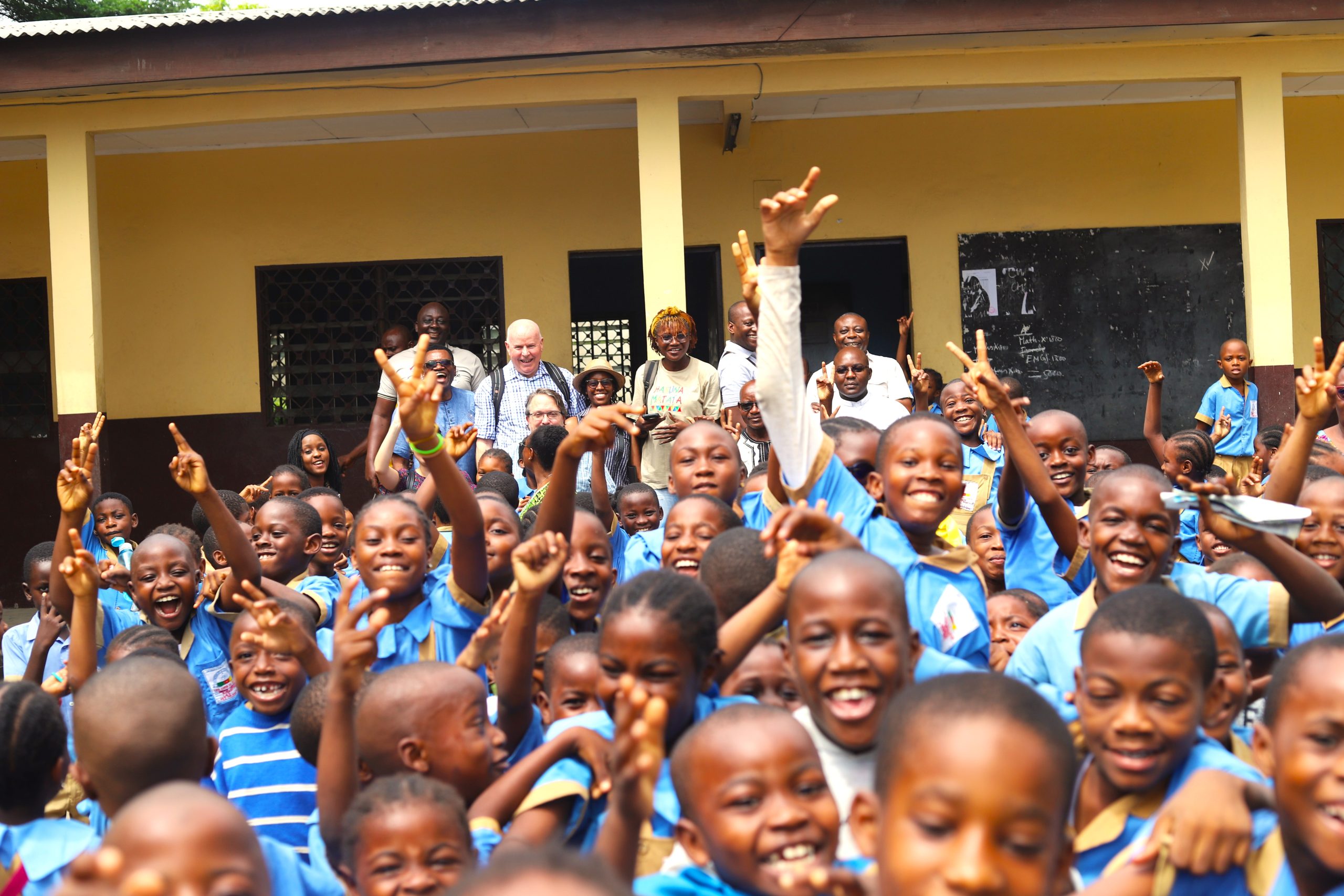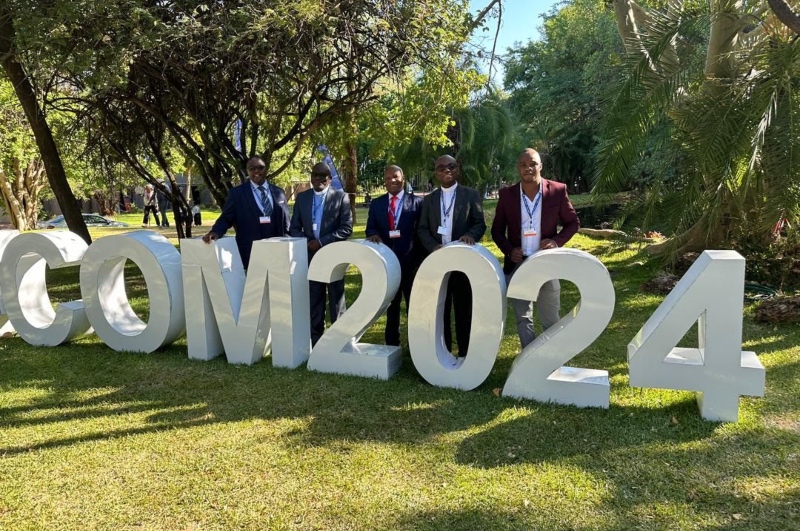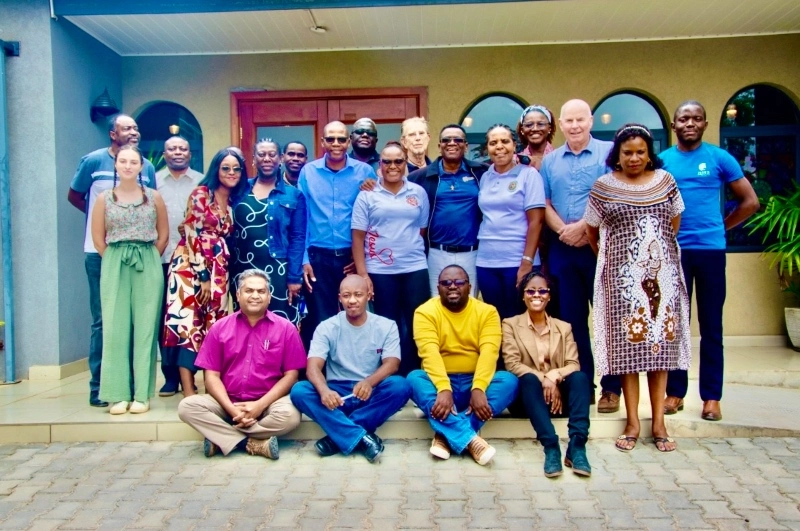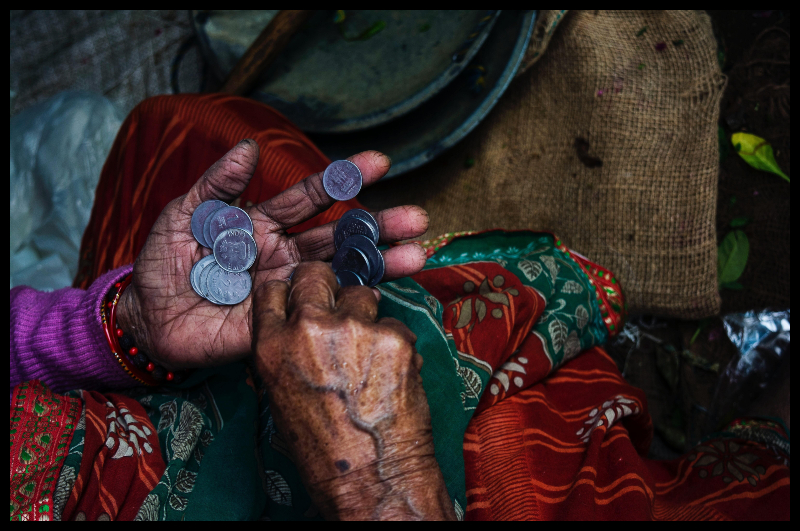

The African Jesuit AIDS Network (AJAN) and the Jesuit Refugee Service (JRS) recently represented the Society of Jesus in Africa at the 7th Annual Africa Conference on Social Entrepreneurship (AACOSE7).
Themed "Building Networks to Advance Social Entrepreneurship in Africa," the event convened social entrepreneurs, investors, policymakers, and other key stakeholders to explore the challenges and opportunities in Africa’s social entrepreneurship sector.
AACOSE, initiated by the Institute for Social Transformation at Tangaza University College in 2017, aims to accelerate the growth of social entrepreneurship in Africa. Co-organized by Tangaza University College and various partner organizations, AACOSE serves as a Pan-African platform for mutual learning, co-creation, and networking among actors in the social entrepreneurship space. The conference is solution-driven, focusing on innovations and collaborative efforts to create change across the continent. In 2023, AACOSE attracted over 400 delegates, including educators, funders, policymakers, international NGOs, and government representatives.
Key discussions at AACOSE7 included
1. Human Capital Development
Addressing youth unemployment requires prioritizing human capital development at every stage of social entrepreneurship. Tools, methodologies, and models are enhancing social entrepreneurs’ capacities to grow their businesses. There is a pressing need for collaboration between academia and entrepreneurs to adapt to future skills and innovations that respond to global challenges.
2. Technology and the Digital Economy
The digital economy is a transformative force for social entrepreneurship in Africa, offering new job opportunities and innovative solutions to continental challenges. Discussions focused on leveraging digital economies to address youth unemployment, data privacy issues, and scaling impactful solutions.
3. Urban Resilience and Green Cities
Rapid urbanization in Africa presents both challenges and opportunities for social entrepreneurs. Creating environmentally sustainable cities is crucial, and social entrepreneurship can promote eco-friendly practices, renewable energy solutions, and sustainable resource management. The session aimed to foster collaborations and insights to propel Africa towards green and resilient urban development.
4. Healthcare Innovations
Africa faces significant healthcare disparities, with marginalized populations often lacking quality services. Social entrepreneurs are addressing these challenges through innovative healthcare solutions that leverage technology and community engagement. The session focused on inspiring collective action to improve healthcare access and quality across the continent.
5. Agricultural Sustainability
Current agricultural practices in Africa are unsustainable, contributing to climate change and biodiversity loss. The conference emphasized the urgent need to revolutionize food systems through sustainable farming methods, technology adoption, and food sovereignty. Discussions highlighted innovative approaches to food security, safety, and livelihood improvement.
6. Faith-driven Social Entrepreneurship
Faith-driven social entrepreneurship is growing in Africa, with many entrepreneurs drawing inspiration from their faith. The session explored how faith-based organizations are achieving their social missions through sustainable enterprises and discussed unlocking more potential within the faith sector.
7. Environmental Sustainability
The climate crisis poses severe threats to Africa, impacting food security, health, and sustainable living. The conference explored collaborative efforts to advance climate innovation, promote green practices, and engage youth in climate action.
8. Youth, Culture, Sport, and Art
Sports and arts provide vital job opportunities and community cohesion. The session highlighted how innovation in these fields can drive social impact and contribute to addressing community issues.
9. Refugees’ Socio-Economic Integration
Forced migration presents significant challenges, but integrating refugees into economic systems can transform them into valuable societal assets. The session showcased successful social enterprises led by refugees, emphasizing their role in fostering inclusivity and positive community relationships.
AACOSE7 highlighted the critical role of social entrepreneurship in addressing Africa’s pressing challenges, fostering a collaborative environment to drive sustainable development and social impact across the continent.
Related Articles






Select Payment Method
Pay by bank transfer
If you wish to make a donation by direct bank transfer please contact Fr Paul Hamill SJ treasurer@jesuits.africa. Fr Paul will get in touch with you about the best method of transfer for you and share account details with you. Donations can be one-off gifts or of any frequency; for example, you might wish to become a regular monthly donor of small amounts; that sort of reliable income can allow for very welcome forward planning in the development of the Society’s works in Africa and Madagascar.
Often it is easier to send a donation to an office within your own country and Fr Paul can advise on how that might be done. In some countries this kind of giving can also be recognised for tax relief and the necessary receipts will be issued.



